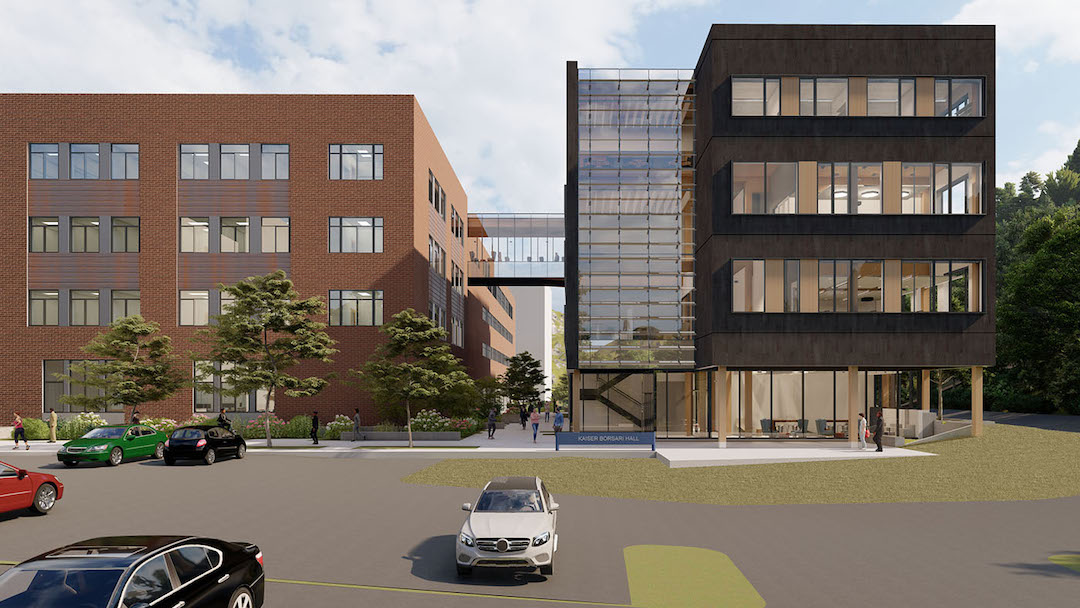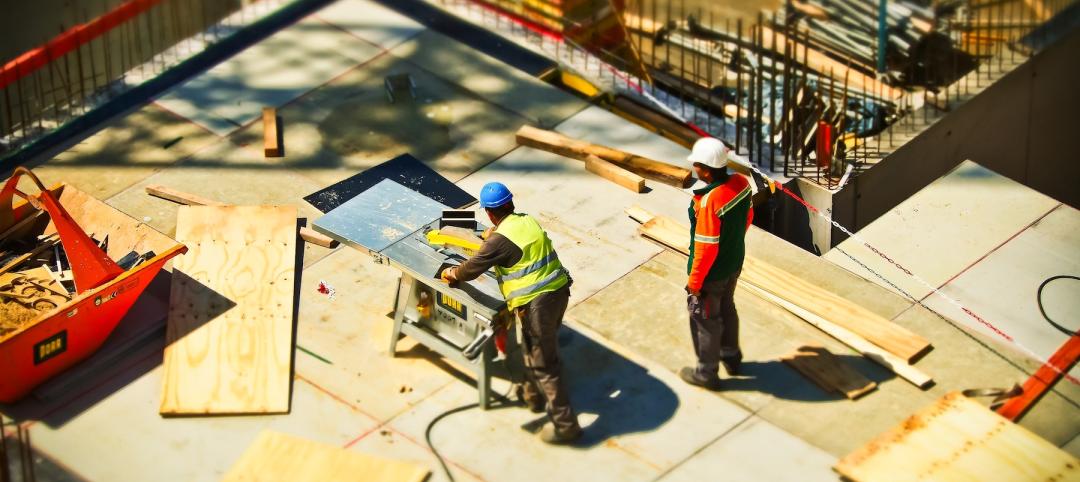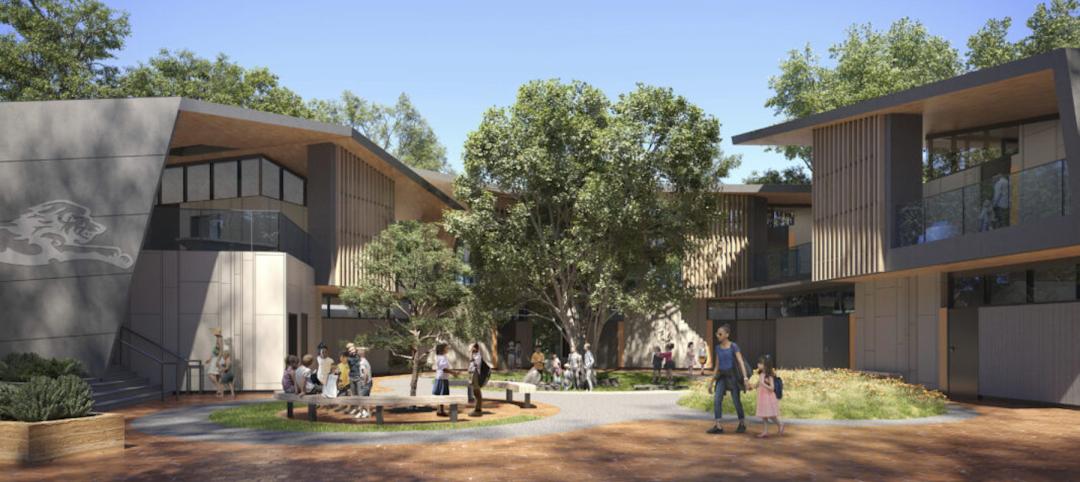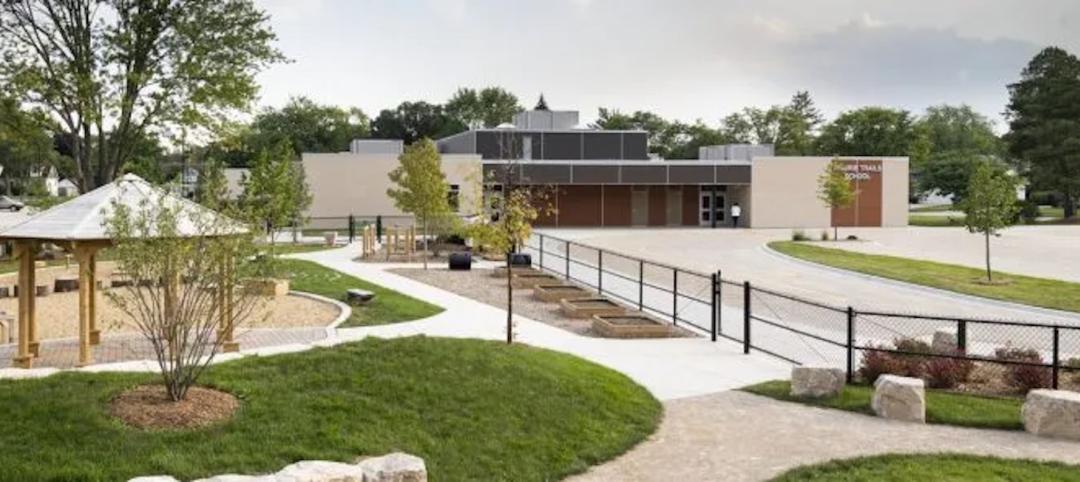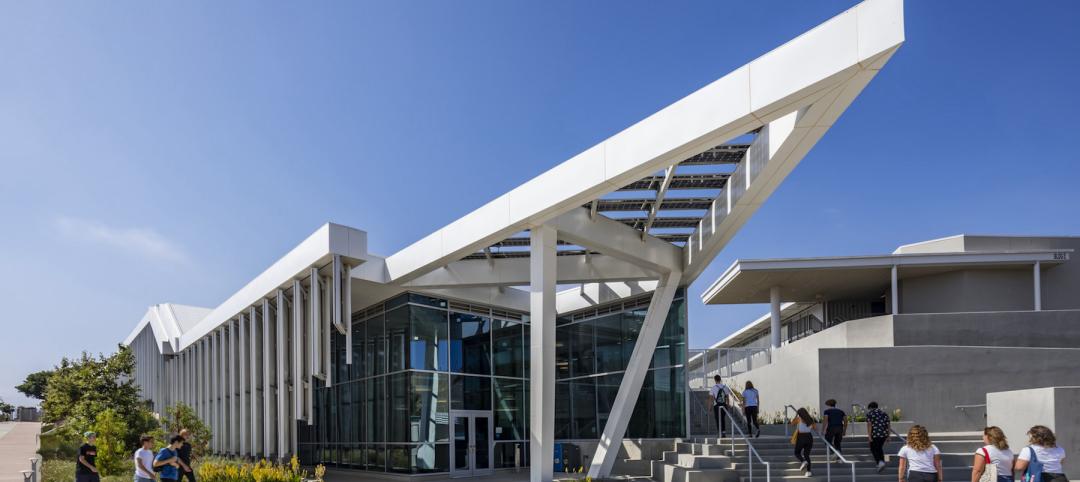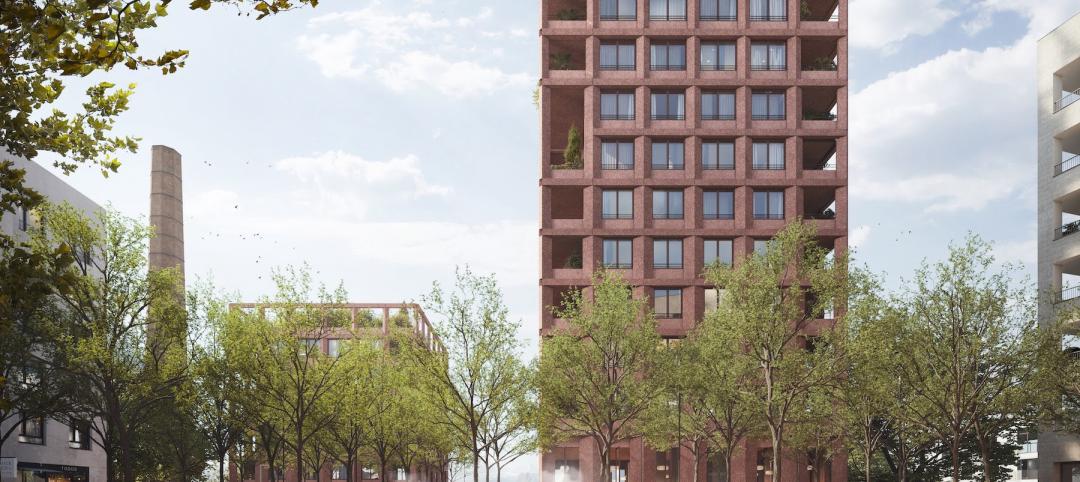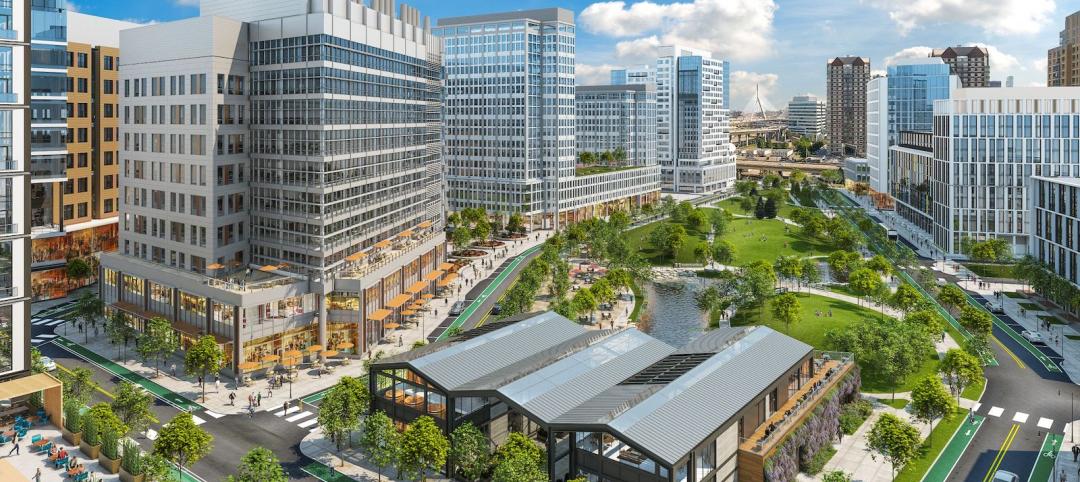Western Washington University is in the final stages of its capital campaign to raise funds for the construction of a new computer science and engineering facility that will include the first net-zero energy/carbon neutral building on a college campus in Washington state.
Designed by Perkins&Will and located on the south end of the main campus, the building will house the university’s advanced technology and engineering programs, including electrical and computer engineering, computer science, and the Institute for Energy Studies, as well as a multicultural student center. The mass timber facility will include a welcoming, accessible layout meant to accommodate an increasingly diverse population of students and support the learning styles of all.
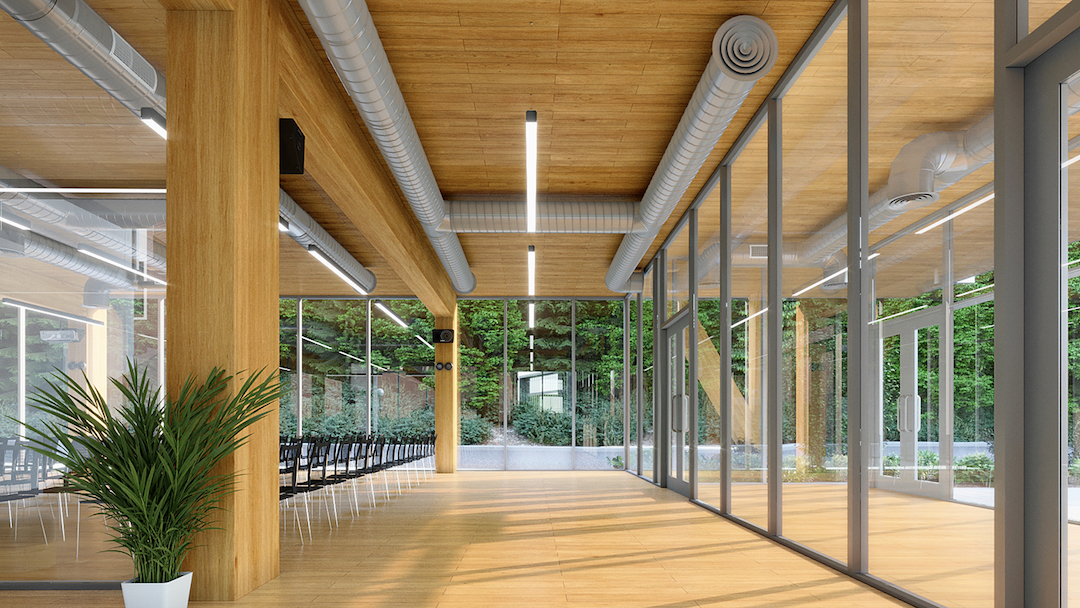
Sustainability features will include:
- 100% of the energy consumed by the building will be renewable
- Advanced battery technology to provide on-site energy storage
- Architectural design that includes a high efficiency energy envelope and maximizes illumination and shading
- High embodied carbon structure through sustainably sourced Cross Laminated Timber (CLT)
- Smart Building technologies and controls, as well as high efficiency electric heating and cooling
- A construction management process that reduces waste and transportation inefficiency
“The building will represent the next generation of STEM facilities, merging electrical engineering and computer science learning with active industry engagement and collaboration,” said Anthony Gianopoulos, Principal and Operations Director at Perkins&Will, in a release.
Related Stories
| Aug 4, 2022
Newer materials for green, resilient building complicate insurance underwriting
Insurers can’t look to years of testing on emerging technology to assess risk.
| Aug 4, 2022
Newer materials for green, resilient building complicate insurance underwriting
Insurers can’t look to years of testing on emerging technology to assess risk.
Sustainability | Aug 4, 2022
To reduce disease and fight climate change, design buildings that breathe
Healthy air quality in buildings improves cognitive function and combats the spread of disease, but its implications for carbon reduction are perhaps the most important benefit.
K-12 Schools | Aug 1, 2022
Achieving a net-zero K-12 facility is a team effort
Designing a net-zero energy building is always a challenge, but renovating an existing school and applying for grants to make the project happen is another challenge entirely.
Codes and Standards | Jul 29, 2022
Few projects and properties are being built beyond code
Clients and architects disagree on how well building to code provides resilience, according to a recent report by the American Institute of Architects (AIA) in partnership with Owens Corning.
Concrete | Jul 26, 2022
Consortium to set standards and create markets for low-carbon concrete
A consortium of construction firms, property developers, and building engineers have pledged to drive down the carbon emissions of concrete.
Green | Jul 26, 2022
Climate tech startup BlocPower looks to electrify, decarbonize the nation's buildings
The New York-based climate technology company electrifies and decarbonizes buildings—more than 1,200 of them so far.
Education Facilities | Jul 26, 2022
Malibu High School gets a new building that balances environment with education
In Malibu, Calif., a city known for beaches, surf, and sun, HMC Architects wanted to give Malibu High School a new building that harmonizes environment and education.
Mixed-Use | Jul 18, 2022
Mixed-use development outside Prague uses a material made from leftover bricks
Outside Prague, the Sugar Factory, a mixed-used residential development with public space, marks the largest project to use the sustainable material Rebetong.
Sustainable Development | Jul 14, 2022
Designing for climate change and inclusion, with CBT Architects' Kishore Varanasi and Devanshi Purohit
Climate change is having a dramatic impact on urban design, in terms of planning, materials, occupant use, location, and the long-term effect of buildings on the environment. Joining BD+C's John Caulfield to discuss this topic are two experts from the Boston-based CBT Architects: Kishore Varanasi, a Principal and director of urban design; and Devanshi Purohit, an Associate Principal.


